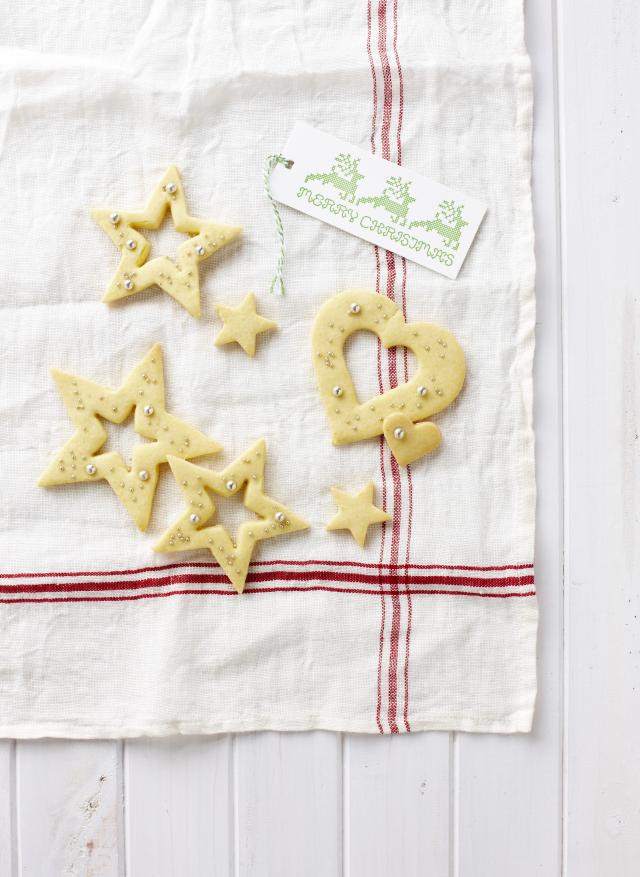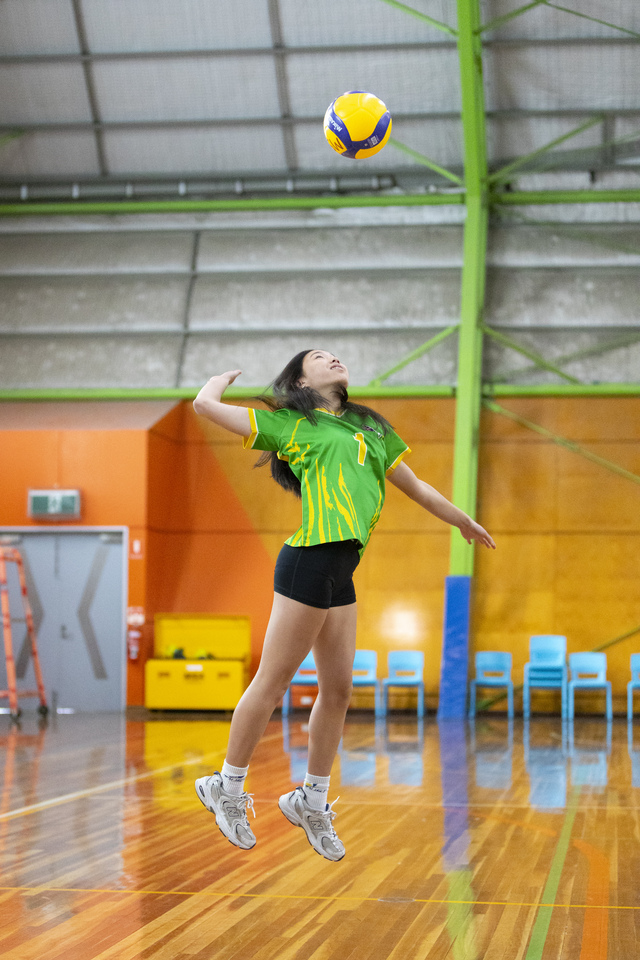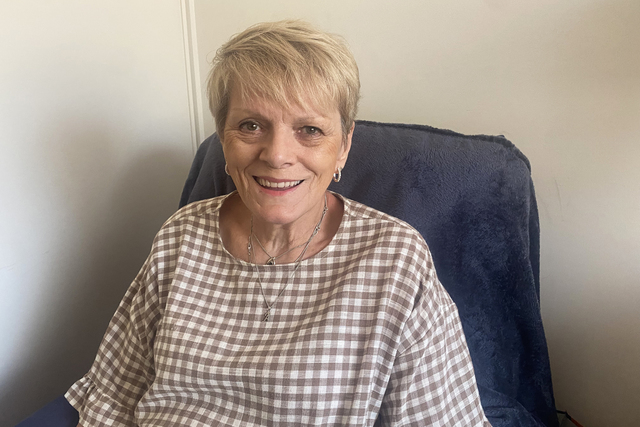What’s your connection to Brimbank?
I was born and bred in Sunshine. I was born at the Sunshine Hospital in 1945 and I’ve been a Sunshine boy through and through. There’s been many a day where I’ve been overseas and I’ve found myself telling people about Brimbank.
And you got your first job in Brimbank?
After graduating from school, I wanted to be a fitter and turner. I went looking for work and managed to get a position at Fairway Scales. I started as an apprentice, then went into the machine shop, then the welding shop and then the drawing office.
And after that you opened your own business?
I decided to open my own business. I drew up a logo at my kitchen table and United Scales was born. We started in Braybrook – I always remembered the excitement I felt when I got my first job and I thought I wanted to offer opportunities to young people. I put on an apprentice. I put one on every year for 20 years – they were all with me 21 years later – the first one is there to this day.
Tell us about your role as part of the Western Region Economic Development Organisation.
It consisted of about 10 people, I represented small business on it. We met every month with the view of creating employment in the west. We ran breakfasts every month which just got bigger and bigger. We’d get 300-400 people. During our first couple of years we came up with lots of plans.
What sort of plans?
We got developers for Cairnlea, Caroline Springs, we were responsible for the Ring Road. One of our patrons happened to be Ralph Willis who was Bob Hawke’s treasurer at the time. He gave us the tip that if a road connects two highways, it’s a federal government responsibility. He had a chat with Bob and the plan to be able to drive from Albury to Geelong was realised with the Ring Road. We were also responsible for Docklands Stadium. We flew a plane over Melbourne – we needed a good sporting facility in Melbourne’s west.
And you’re a mad Bulldogs supporter?
My family and I came back from a trip to Malta in the last week of September in 1954. It was the week the [Footscray] Bulldogs had won the grand final. There were red, white and blue streamers and balloons everywhere. I asked mum what was going on and she told me the local football team had won the premiership. I decided they were my team from then on and for the next 50 years we never won one.
And you helped create football history.
David Smorgan knocked on my door one day having heard about my business and that I loved the Bulldogs. He asked me to be part of a rival ticket and we eventually formed a board. I’d talked about the [team’s] name and was of the view we had to change it. Once David invited me in, I said I thought the name needed to be changed and that was the start of the Western Bulldogs.







